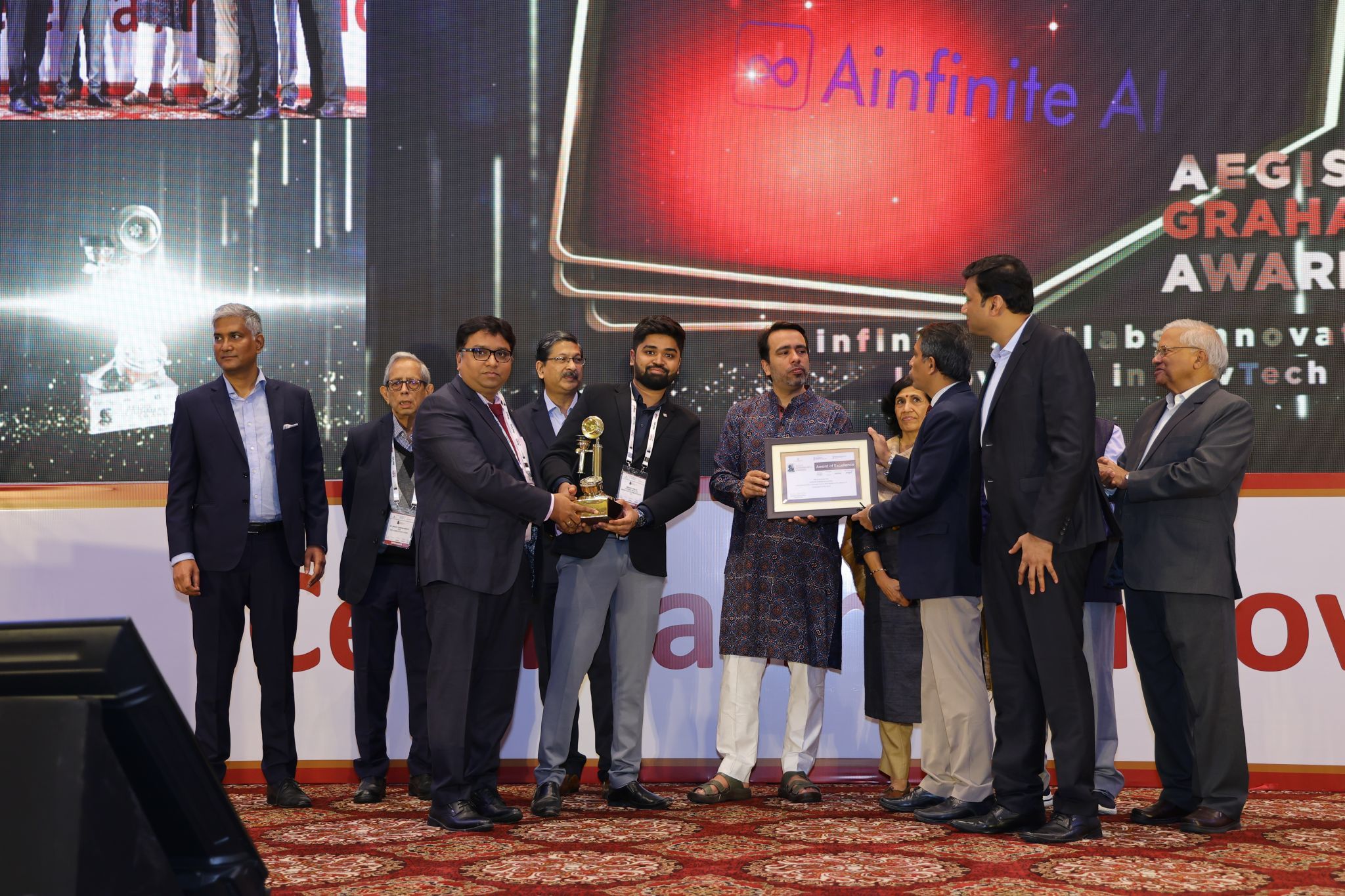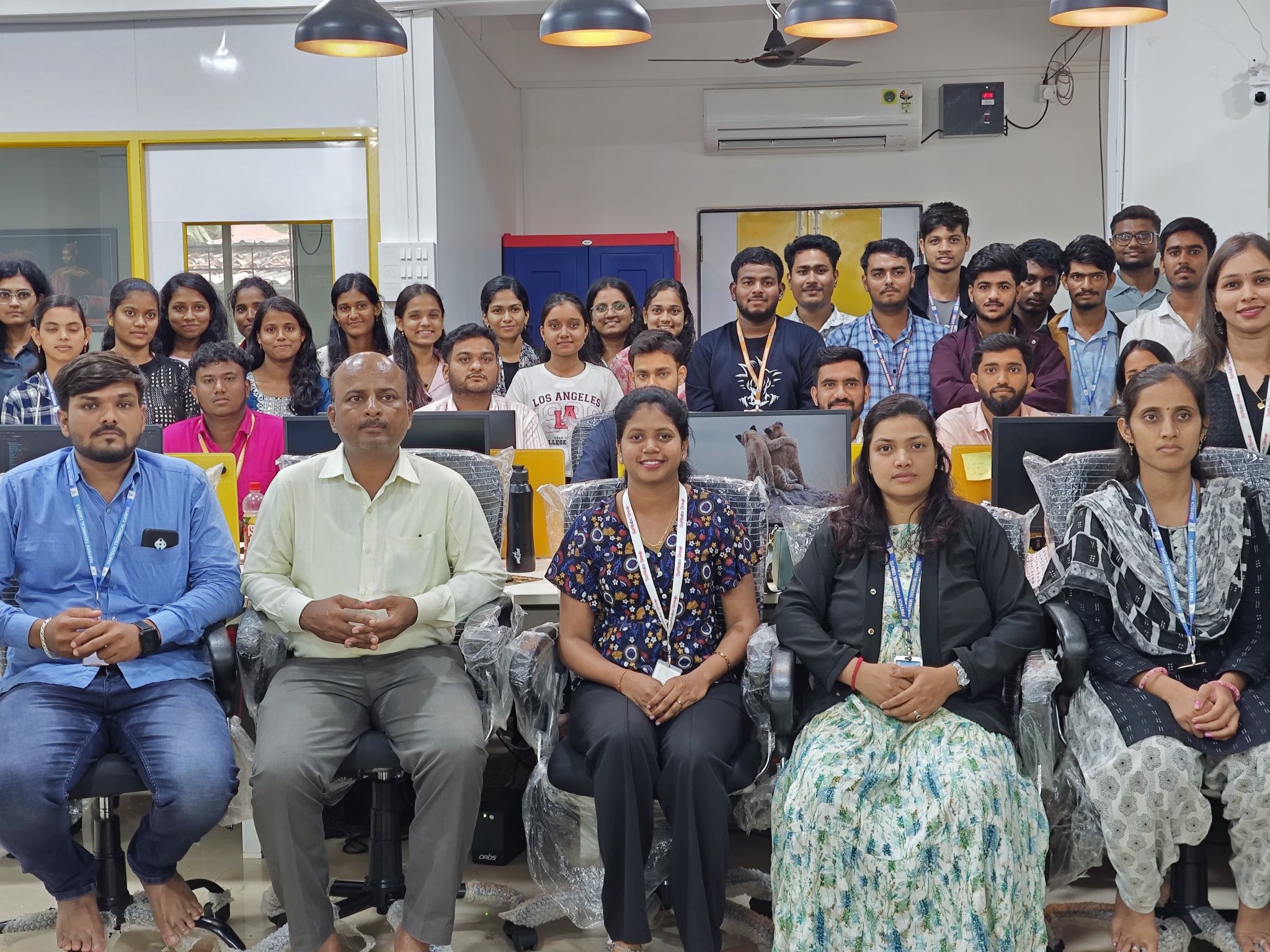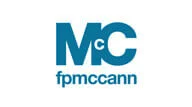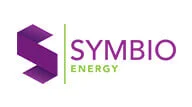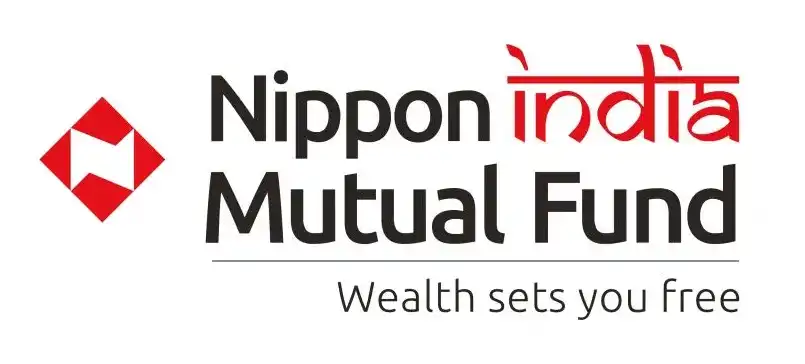AI-Powered Science: Google’s AI Co-Scientist is Revolutionizing Research
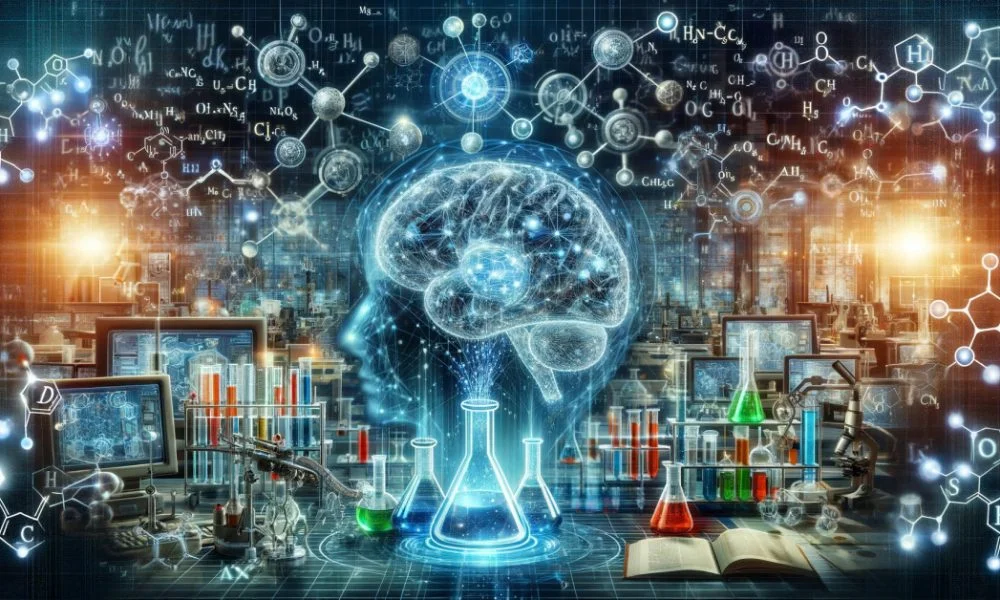
🔬 Google Introduces AI Co-Scientist: A Virtual Collaborator for Scientists
Google Research has unveiled AI Co-Scientist, a multi-agent AI system built on Gemini 2.0, designed to assist scientists in generating novel hypotheses, research proposals, and accelerating biomedical discoveries.
🔹 This AI-driven research assistant is capable of:
✔ Synthesizing scientific literature to extract and analyze insights
✔ Generating novel hypotheses using multi-agent collaboration
✔ Suggesting detailed research plans and experiment protocols
✔ Enhancing drug discovery, antimicrobial resistance research, and disease treatments
📌 Watch the Full Announcement:
With a trusted tester program now open, researchers worldwide can collaborate with AI Co-Scientist to accelerate scientific progress.
🧠 How AI Co-Scientist Works: A Multi-Agent System for Scientific Discovery
Unlike traditional AI models, AI Co-Scientist consists of multiple specialized AI agents, each playing a unique role in the scientific method.
🔹 Generation Agent – Extracts insights from literature and engages in simulated scientific debates.
🔹 Reflection Agent – Conducts in-depth reviews and verification using web search.
🔹 Ranking Agent – Organizes and ranks hypotheses through AI-driven research tournaments.
🔹 Evolution Agent – Refines and extends scientific hypotheses.
🔹 Proximity Check Agent – Ensures research feasibility and accuracy.
🔹 Meta-Review Agent – Summarizes research findings and generates overviews.
These agents work in parallel, mimicking the collaborative nature of human scientific research.
🌍 AI Co-Scientist’s Impact on Scientific Research
Google has already tested AI Co-Scientist across various research areas, yielding promising results:
✔ Drug Repurposing for Leukemia – AI-predicted treatments validated through laboratory experiments.
✔ Liver Fibrosis Research – AI-identified epigenetic targets with strong anti-fibrotic activity.
✔ Antimicrobial Resistance Studies – AI discovered gene transfer mechanisms supporting antibiotic resistance evolution.
AI Co-Scientist is demonstrating real-world applicability, offering faster and more precise solutions to some of the world's toughest scientific challenges.
📊 AI Co-Scientist vs. Traditional Research Methods
AI Co-Scientist's ability to auto-evaluate hypotheses using Elo-based ranking has shown:
Higher accuracy compared to Gemini 2.0’s baseline performance.
✅ Continuous improvement in research quality with increased computation time.
✅ Expert-reviewed results indicating higher novelty and impact in research.
By leveraging self-play–based scientific debate and ranking tournaments, AI Co-Scientist refines its research capabilities over time, making it a powerful tool for scientists.
🚀 The Future: AI-Assisted Scientific Breakthroughs
Google is now inviting research organizations worldwide to join its Trusted Tester Program, allowing scientists to:
- Collaborate with AI Co-Scientist for hypothesis testing.
- Improve scientific discovery efficiency with AI-assisted tools.
- Generate novel research ideas with AI-driven reasoning.
💡 Want to stay ahead in AI-powered research?
📌 Bookmark SoftlabsGroup.com for the latest AI news and updates! 🚀

